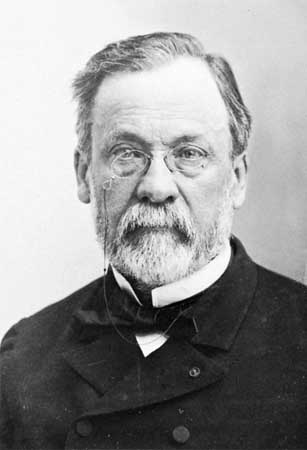
When he uttered the words “In the field of observation, chance favours the prepared mind”, Louis Pasteur was not joking because he was speaking from empirical evidence of this ubiquitous observation in life. In his time, no one seemed to be more prepared for chance’s dance calls than Pasteur himself who contributed to research in the germ theory of disease: a scientific theory which made us accept that organisms too small for the naked eye to see were responsible for certain illnesses. In this article, I take you on a different path than is usual on this site to discuss the prowess of a personality, hoping that you enjoy it as much as I enjoyed writing it.
As one who mastered the art of fermentation by microorganisms, Louis Pasteur can be credited with the art of pasteurization as well as the invention of vaccines for anthrax and rabies along with his highly motivated team. Through pasteurization, beer, milk and wine were preserved by boiling and cooling the liquids while rabies and anthrax vaccines save millions of lives today.
Finally, today, all around the world, this great man is being celebrated even post-humously. It was Pasteur’s successful vaccination of Joseph Meister in the 19th century, a 9-year-old boy who had been bitten by a rabid dog which brought him immediate fame. This single event launched an international fundraising campaign to build the Pasteur Institute, which was inaugurated on November 14, 1888. The Institut Pasteur named for him has been doing wonderful research and contributing to human and animal health in the world through the quality and quantity of health products and services they provide the rest of us. If you are looking for fine scientists who are in love with their jobs and sold out to the cause of saving humanity, look for the Pasteur Institute in your country and have a deep mind expanding discussion with any of its scientists and you will understand the depth of work that we ought to do to really make this earth a great place to live in. Pasteur attended his primary school in Arbois (Bourgogne-Franche-compte region) and earned his bachelor of arts and bachelor of sciences degrees in Besancon. He died on September 28th 1895 in Marnes-la-coquette- one of Paris’ suburbs only after he had pushed the boundaries of science progressively farther.
